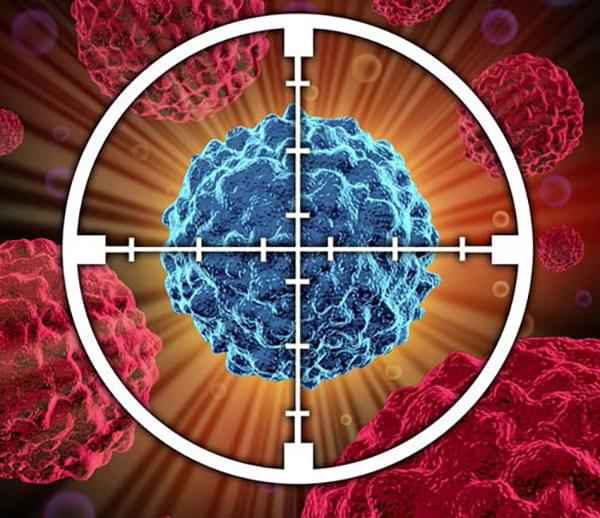An international research team headed by Johannes Karges, PhD, of the faculty of chemistry and biochemistry at Ruhr University Bochum, Germany, has developed nanoparticles that accumulate in cancer cells and eliminate them after being photoactivated. The research team also labeled them in such a way that immune cells learn to eliminate similar cells throughout the body which could even mean undetected metastases can be treated.
The researchers presented their findings in the journal Nature Communications in an article titled, “Theranostic imaging and multimodal photodynamic therapy and immunotherapy using the mTOR signaling pathway.”
“Tumor metastases are considered the leading cause of cancer-associated deaths,” the researchers wrote. “While clinically applied drugs have demonstrated to efficiently remove the primary tumor, metastases remain poorly accessible. To overcome this limitation, herein, the development of a theranostic nanomaterial by incorporating a chromophore for imaging and a photosensitizer for treatment of metastatic tumor sites is presented. The mechanism of action reveals that the nanoparticles are able to intervene by local generation of cellular damage through photodynamic therapy as well as by systemic induction of an immune response by immunotherapy upon inhibition of the mTOR signaling pathway which is of crucial importance for tumor onset, progression, and metastatic spreading.”










Comments are closed.